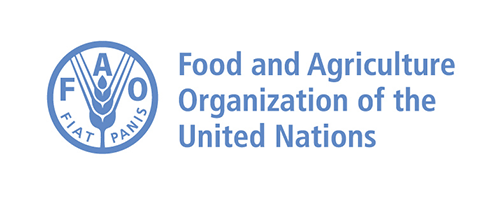The FAO Legal Office provides in-house counsel in accordance with the Basic Texts of the Organization, gives legal advisory services to FAO members, assists in the formulation of treaties on food and agriculture, for which the Director-General acts as Depositary, publishes legal studies and maintains a database (FAOLEX) of national legislation and international agreements concerning food and agriculture (including fisheries, forestry and water).
Members:
Resources
Displaying 14906 - 14910 of 15550Kiama Local Environmental Plan 1996.
The Plan, consisting of 66 sections divided into ten Parts and completed by five Schedules, applies to all of the land within the area of Kiama.
Land Conservation and Improvement Act (No. 10 of 1992).
This Act provides for the conservation of land in St. Lucia, for the establishment of a Board to be known as the Land Conservation Board, for conferring on that Board functions as to land, and for purposes connected therewith or incidental thereto. Land is defined as including land covered by water and in fact this Act contains provisions on drainage works.
Decree-Law No. 3.365 regulating land expropriation for public use.
This Decree-Law regulates land expropriation for public use purposes. It consists of 43 articles specifying land expropriation procedure and the requirements to be satisfied by lands in order to carry out this procedure. It also lists every different type of land to be expropriated for the aforementioned purposes, establishing their values and laying down legal procedures.
Implemented by: Decree of 30 December 2010 extending the National Park of "Serra das Confusões" within the State of Piauí. (2010-12-30)
Resource Management Amendment Act (No. 104 of 1997).
This Act extensively amends the principal Act.
Arrêté présidentiel nº 110-11 portant réglementation de la protection, de la conservation et de l'amélioration des pâturages.
Cet arrêté porte dispositions relatives à la protection, la conservation et l'amélioration des pâturages naturels et des zones de pâturage. Ces superficies sont destinées exclusivement à l'alimentation des animaux, selon les obligations d'exploitation prévues par le cahier des charges de chaque zone. Ces zones sont exploitées par des coopératives ou des associations reconnues de fermiers ou d'éleveurs, en vertu de contrats à durée limitée, passés avec l'Etat.


